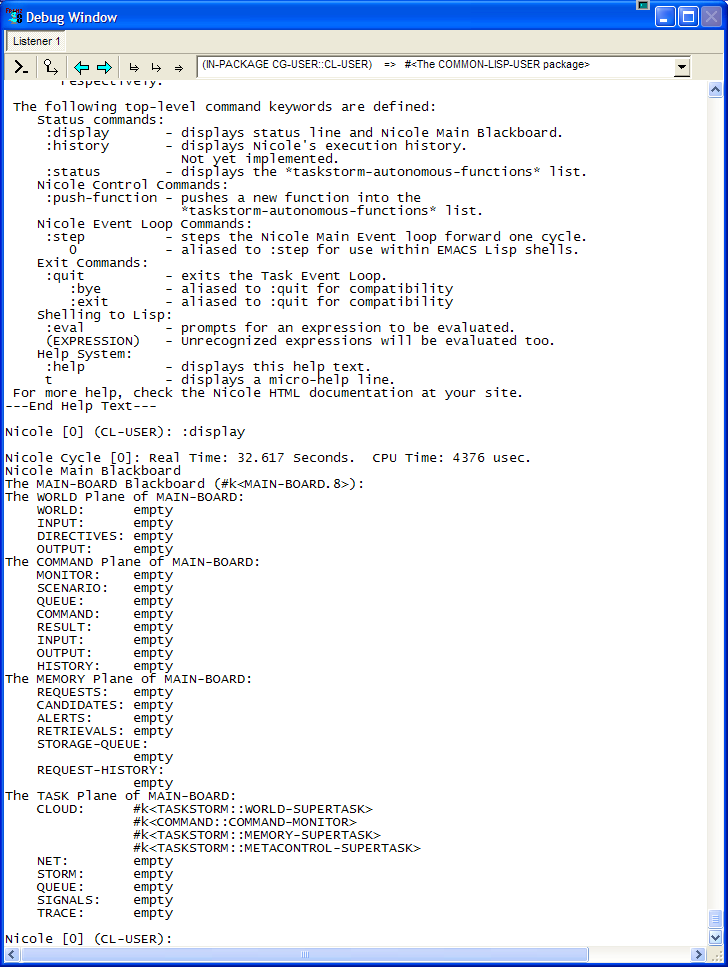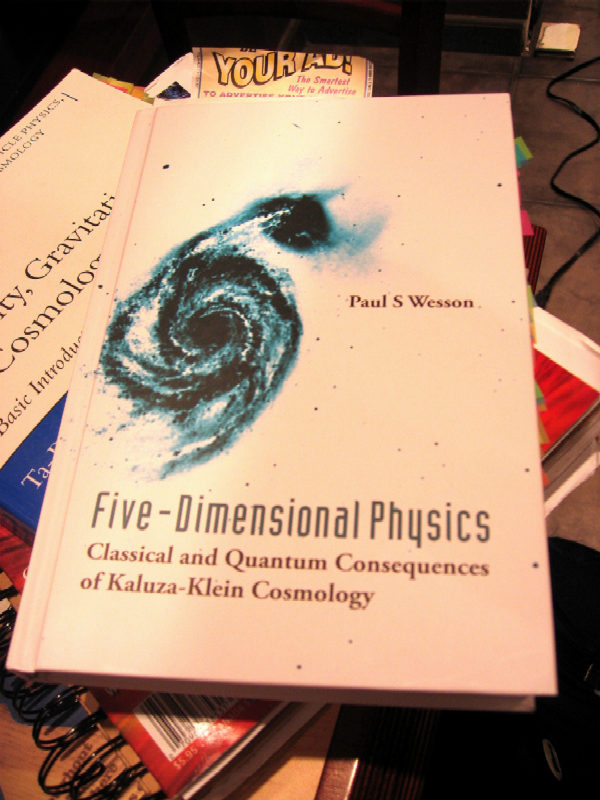Recently at my writing group someone mentioned they were having a lot of difficulty translating their story notes into an outline and asked for help. As we started talking to him, we found out that he'd bought a beautiful, expensive notebook into which he planned to write his thoughts, as soon as his thoughts were together. The advice of the group coordinator could be summed up as: "Get rid of your pretty notebook that you're afraid to write in, because it's getting in the way. Buy a cheap yellow legal pad and WRITE."
SO, what I've found? As cheap and disposable as blog entries are, they're still aimed towards recording complete thoughts. If you can't finish a thought, or it needs to be refined, blogging (for me) gets in the way, because my thoughts drift backward into the distance and I never finish them.
THAT is why I've reinitialized the
wiki over at
dresan.net. A wiki's pages are automagically editable and suitable for recording incomplete, incoherent, half-completed thoughts that can be edited, updated, or reorganized as need be. My blog was becoming my pristine notebook; so time to whip out something sloppy that I can just write on, regardless of how well formed my thoughts are.
So, for example, when I'm trying to get SLIME working for XEmacs on Windows with CLISP running on Cygwin, and I haven't quite figured it out yet, I can just create a wiki entry on
dresan.net about Slime which captures my current thoughts, crossreferenced with XEmacs and CLISP and Cygwin which I can edit and refine to my heart's content.
If there's an easy way to do that on a traditional blog, I don't know it yet. But I can make a wiki proxy a blog: see
the updates page of dresan.net for a good example.
Not that I want to give up blogging in favor of futzing around on a wiki; there's something deeply satisfying about this blog and its interface. But I do miss my wiki features on the blog, and I hope that one day either Blogger adapts those features or else that I find a wiki/blog/bliki that does the job that I can port all my old data from.
Blog/Wiki developers, take note.
-the Centaur
























